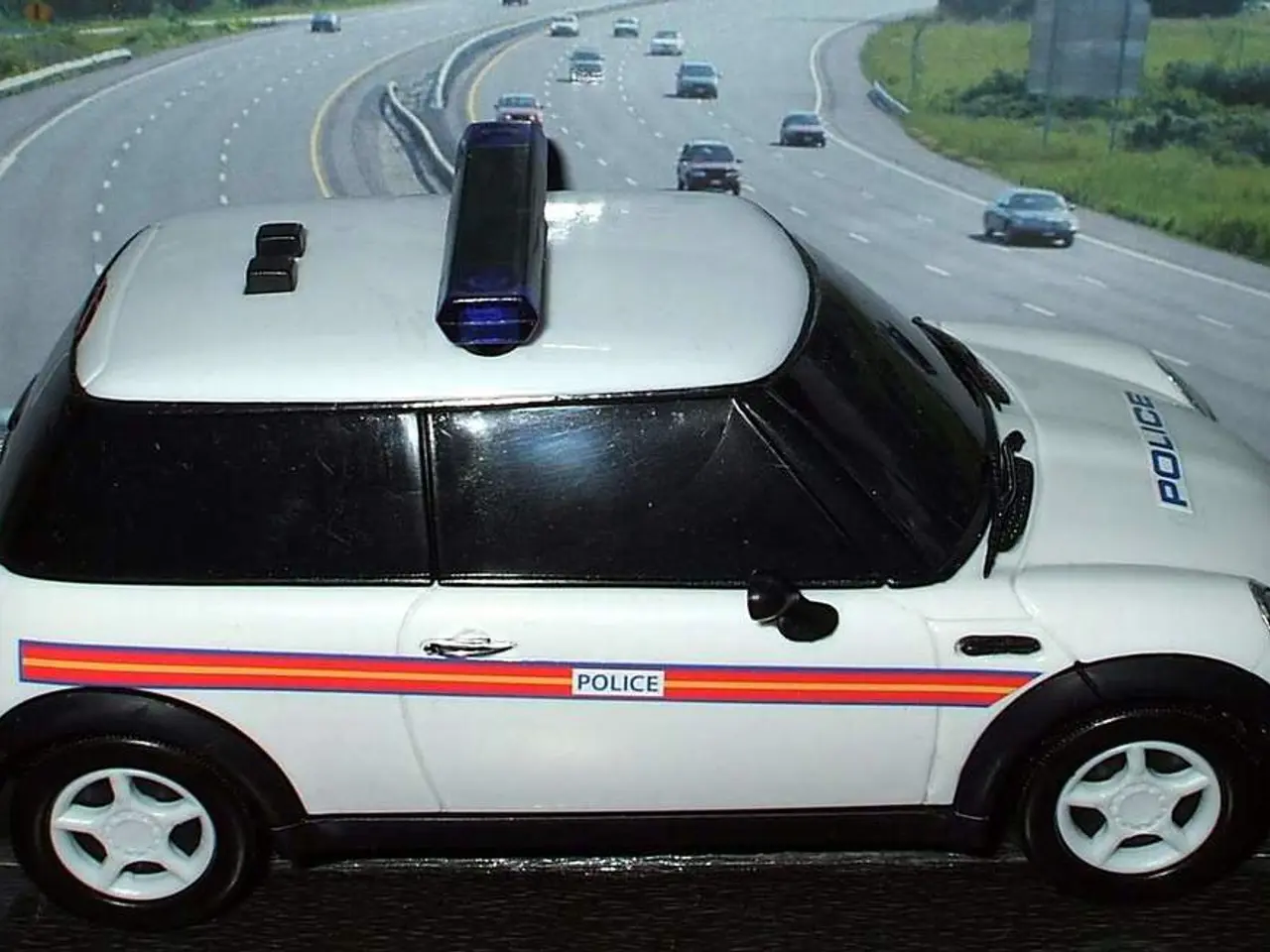In an unprecedented decision, Donald Trump assumes control over Washington D.C. police forces, mobilizing the National Guard within the capital.
In an unprecedented move, U.S. President Donald Trump has activated and deployed the D.C. National Guard, along with additional troops from several Republican-led states, to Washington, D.C. The deployment, ostensibly aimed at addressing crime in the city, has been accompanied by an executive order declaring a "crime emergency" and temporarily granting the federal government control over local policing[1][2][3].
Deployment Details
Approximately 800 D.C. National Guard troops were initially activated, with several hundred more troops arriving from states such as West Virginia, Mississippi, Ohio, and South Carolina, increasing the total presence to over 1,700[1]. Between 100 and 200 troops will be supporting law enforcement at any given time.
Crime Reduction Claims
The official rationale for the deployment was to crack down on crime in Washington, D.C., a predominantly Democratic city. Trump claimed he significantly improved safety in a few days and cited calls from Democratic allies thanking him, although no evidence was presented supporting a crime reduction[1][3]. Critics argue crime rates were already at a 30-year low and that this deployment was an overreach or “manufactured emergency.”
Legal and Political Implications
The administration relied on a "maximalist legal approach" using multiple untested or ambiguous federal authorities to justify the activation and federalization of the National Guard and policing in D.C. This move has been criticized as an abuse of power and a threat to local governance and public safety[2][3].
Control Over Police
The executive order and deployments have implications for federal control over local law enforcement in the District of Columbia, effectively allowing the President to temporarily take over or influence the city's police department. This move has been met with widespread criticism[2][3].
On-the-Ground Impact
The National Guard troops have been mostly unarmed and stationed in tourist-heavy, low-crime areas. They have participated in some supportive law enforcement roles, such as assisting assaulted officers, but their presence has been largely symbolic given the city's relatively low crime levels, according to critics[1].
Precedent and Threats
Trump's actions reflect an aggressive stance on domestic military deployment that may serve as a precedent for increased federal intervention in local law enforcement, particularly in politically sensitive or opposition-led jurisdictions. Trump has threatened to take similar actions in Chicago, a city with a history of violent crime[1][3].
Additional Factors
The federal government owns much of Washington's parkland, giving it legal authority to clear homeless encampments in those areas. Trump vowed to remove homeless encampments without providing details on relocation. The National Guard troops will perform tasks like administrative, logistics, and physical presence support for law enforcement[1].
The deployment of National Guard troops to Washington, D.C., combined with the executive order to declare a crime emergency, represents a contentious use of presidential power with significant legal and political ramifications. It remains to be seen how this move will shape the future of domestic law enforcement and the balance of power between federal and local authorities[1][2][3].
[1] The Washington Post, "Trump deploys National Guard to Washington, D.C., in controversial move," 2025.
[2] The New York Times, "Trump's Aggressive Deployment of National Guard Raises Legal and Political Concerns," 2025.
[3] CNN, "Trump's 'Crime Emergency' in Washington, D.C.: What You Need to Know," 2025.
- The national deployment of the National Guard, led by President Trump, involved troops from several states and was aimed at addressing crime in Washington, D.C., as per an executive order declaring a "crime emergency."
- The deployment's impact on local policing and law enforcement control has sparked controversy, with critics arguing it represents an abuse of power and a threat to public safety, due to the administration's reliance on untested or ambiguous federal authorities.
- The directive on crime in the city and the federal control over local policing has significant legal and political ramifications, potentially setting a precedent for increased federal intervention in local law enforcement, particularly in politically sensitive or opposition-led jurisdictions.
- The deployment and control measures have faced criticism within general news outlets, policy-and-legislation groups, and crime-and-justice advocates, as their on-the-ground impact has been largely symbolic, and they may pose threats to the balance of power between federal and local authorities.







